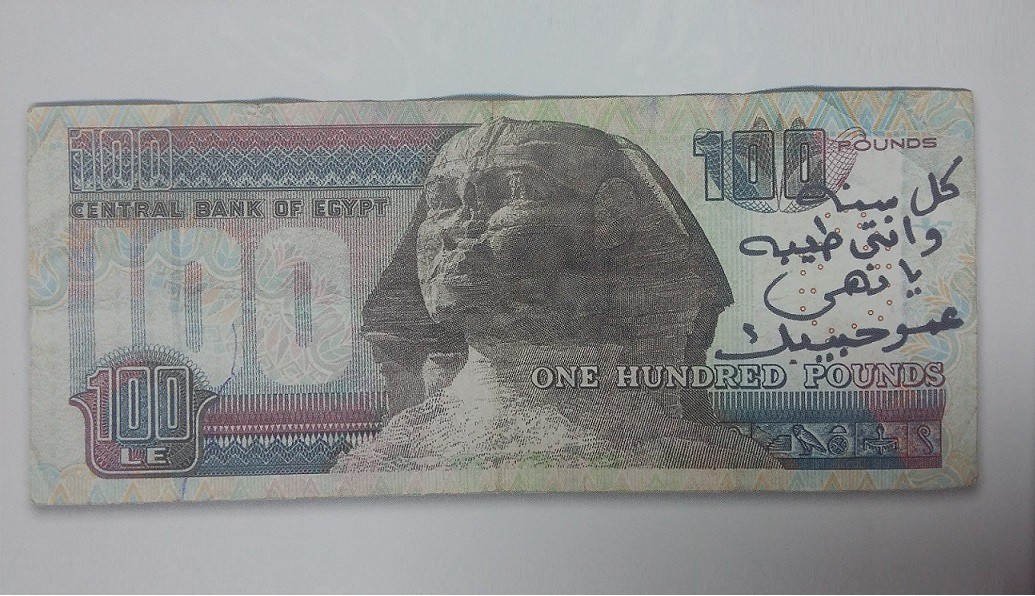Egyptians have been long known for their frugality in all aspects of life. Who hasn’t heard parents and grand-parents telling stories of how they used to make their own bread and how they almost made everything in their pantries? Clothes were home-sewn, jams were home-made, and even weddings were home-based. Stretching the pound –or the piaster- in that age was just a way of life for the middle class. Everyone owned almost the same things, prices were stable, and there were a few channels to spend money in anyway.
As time progressed, the less elastic pounds became, because with the 70’s came the age of consumerism. Long gone were the days when people considered radios and TV sets to be luxuries. Consumerism became a way of life as more products were on offer and the thirst for everything foreign was at its peak. With lax regulations to curb the effects of an abrupt open market, Egyptian spending habits began to change. Fast forward to the current day, and you’ll find that electronics bearing the names of fruits become a necessity of life for many, even when they are unable to pay for basics such as rent and designer clothes.
“Fast forward to the current day, and you’ll find that electronics bearing the names of fruits become a necessity of life for many, even when they are unable to pay for basics such as rent and designer clothes.”
However, even with the dawn of consumerism, Egyptians have always come up with ways to stay on budget, or at least within a few kilometers of their budget.
El Gam3eyya
This ingenious Egyptian method of a do-it-yourself loan has been around for a long time. For those unaware of the Gam3eyya concept what you do is A- determine a certain amount of money B- find people who are equally desperate C- divide the amount into installments amongst yourselves and over a certain number of months D each month one of you gets the maturity amount and continues to pay their share until you have all paid off your installments. This concept has been used to finance a wide-array of things ranging from a water-heater to help Shaymaa get married to a 2-karat diamond ring to help Adel get Shaymaa’s family to agree to their marriage, and to even funding another Gam3eyya. On a more serious level, the Gam3eyya concept has always helped Egyptians make up for the huge gap that exists between their wages and their expenses, while enduring a constantly inflating Egyptian pound. The Gam3eyya concept has also been a symbol of solidarity among the more financially challenged classes, whereby a Gam3eyya would be set up to help someone pay for emergency expenses such as a death in the family or medical care.
“the Gam3eyya concept has always helped Egyptians make up for the huge gap that exists between their wages and their expenses, while enduring a constantly inflating Egyptian pound.”
Credit Card Juggling
Credit-card juggler: Usually a delusional individual who assumes that they can trick credit card companies by transferring debt from one card to another. This is also one of the aspects of our increasingly consumerist society that encourages people to buy things they don’t need with money they don’t have. Many variations of credit cards encourage such behavior, including cards that pay for everything from lingerie to the latest cars. However, credit isn’t a new concept to Egyptians, as it was first used by them, the Babylonians, and the Assyrians over 3000 years ago. And if anyone gives you a hard time about the 15 credit cards that find refuge in your wallet, just tell them that it is rumored that Google founders Larry Page and Sergey Brin used credit cards to buy computers and equipment to launch their company and that you’re trying to follow in their footsteps.
“credit isn’t a new concept to Egyptians, as it was first used by them, the Babylonians, and the Assyrians over 3000 years ago.”
Gold
Despite the wave of consumerism, a vast number of Egyptians, primarily women still instinctively save money for stormy days in the form of gold, whether jewelry, gold pounds ,or small nuggets. Again this isn’t new to Egyptians, as the earliest record of gold exploration dates to approximately 2000 B.C. in Egypt. Gold is both a symbol of status and power and a failsafe storehouse of value. With peaking inflation levels, gold retains its value and is not affected by the economic situation of any country. So if your husband complains about the amount of jewelry you buy, just pop out these facts about gold, and tell him that you’re actually doing him a favour.
“Gold is both a symbol of status and power and a failsafe storehouse of value.”
The Banking Black Market
This concept is popular among the lower classes who are unable to deal with banks either because they simply don’t know how to, or because they don’t have the necessary credentials to receive loans i.e. they have no stable job/income. The concept is simply a person/group who agrees to lend individuals money with interest, based on the collateral that can be provided and based on personal reputation. The loan issuer carries out their own investigations to determine whether the person requesting the loan is viable or not. In such cases the issuer of the loan could get the recipient to sign trust receipts in the value of the loan plus interest so that they would be legally bound.

